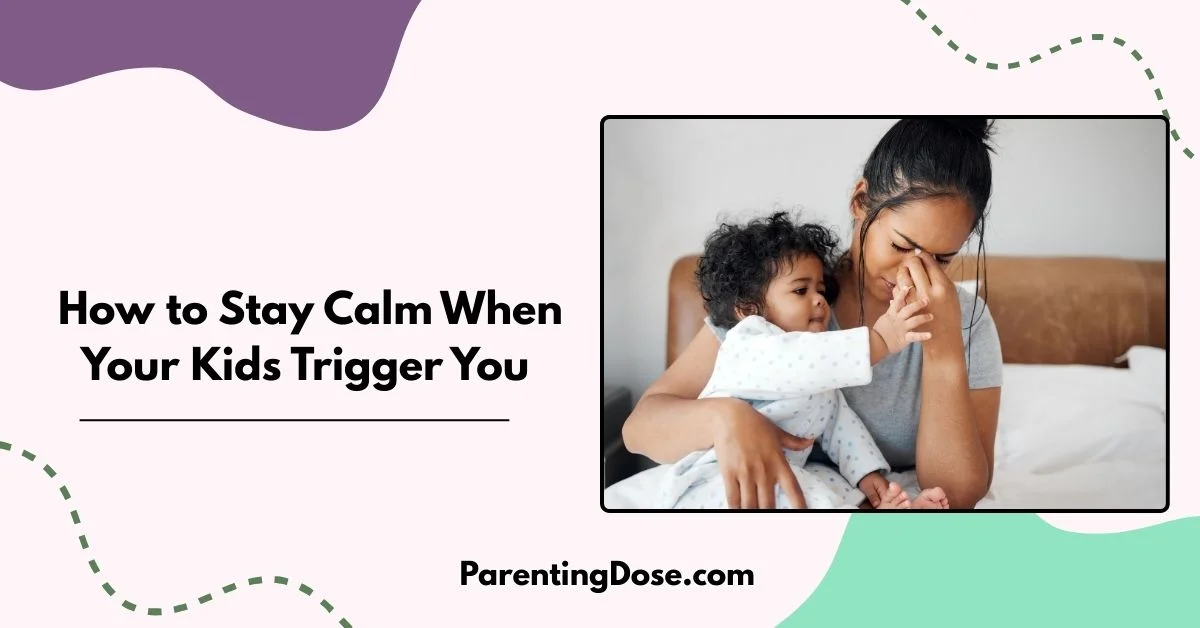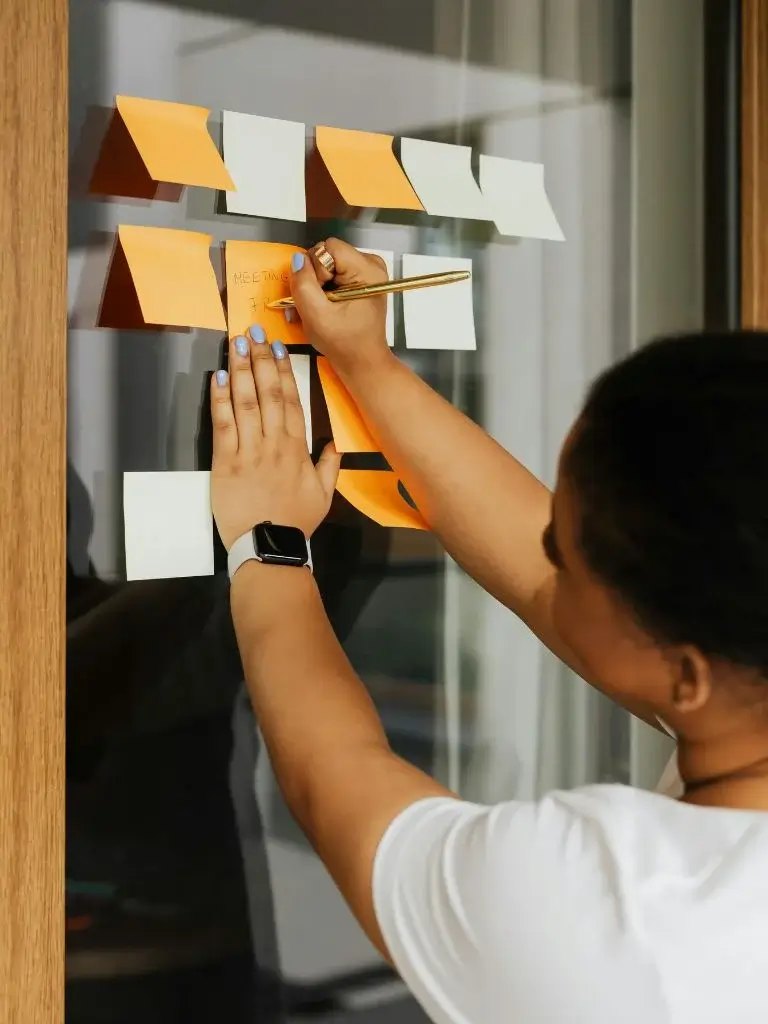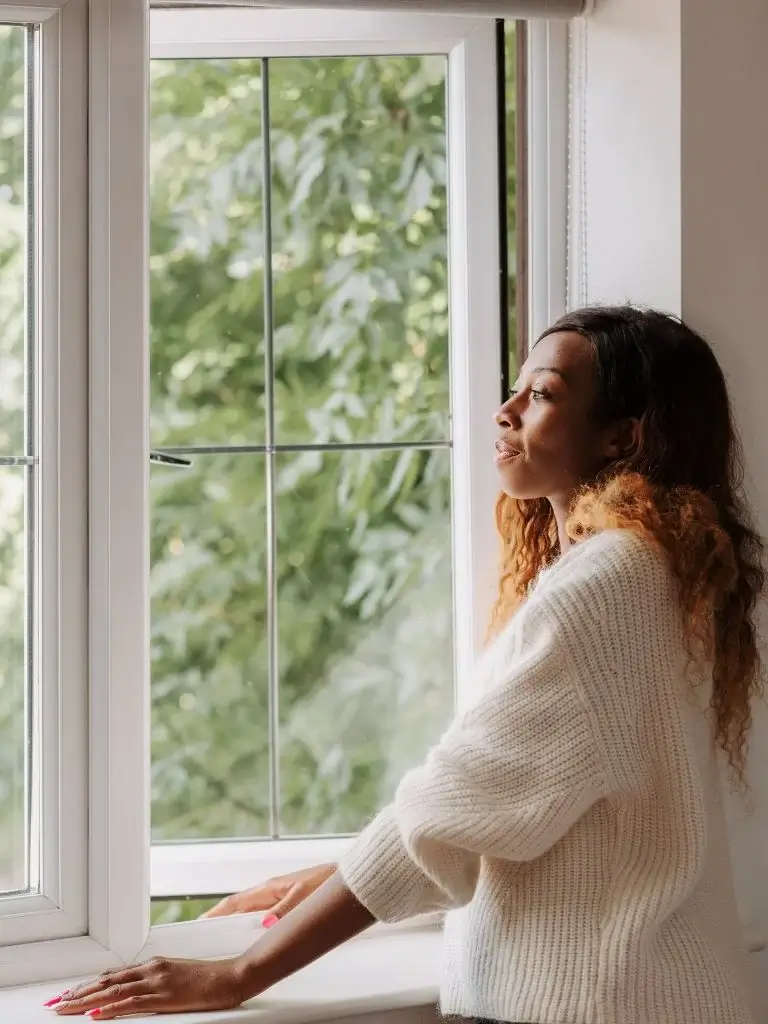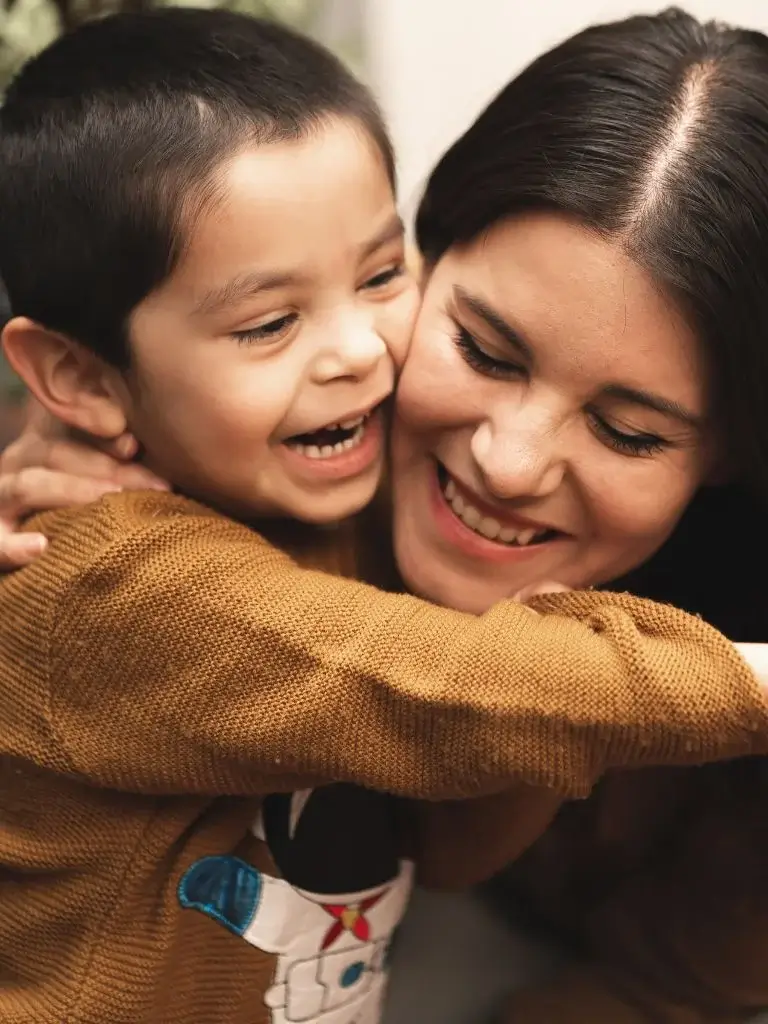You know that moment — the one where your toddler is on the floor screaming because their banana broke in half, your older one is yelling from the bathroom for toilet paper, and you feel your chest tightening like a balloon about to pop? Yeah. That one.
I’ve been there. Too many times to count.
There was one time I realized I didn’t want to be the reactive mom. I wanted to be the calm one. The soft place they could land, not the storm they had to survive.
Let’s talk about it. Honestly. Gently. Like moms who’ve been there — in the mess, in the overwhelm, in the quiet car cries after bedtime.
Why Your Kids Trigger You (And Why You’re Not a Bad Mom for Feeling It)
First, let’s say this out loud: Feeling triggered doesn’t make you a bad mom. It makes you a human mom.
When your child screams, talks back, ignores you, or melts down at the worst possible moment, it often taps into something deeper — something from your past, something you’re carrying, or something you desperately wish you had more control over.
Sometimes it’s because your nervous system is shot. You’re tired, touched out, and two seconds from screaming into a pillow. Sometimes it’s because you were never allowed to have big feelings as a child, and now your own kids’ emotions feel completely overwhelming.
And sometimes, honestly, it’s just that you haven’t had five minutes to go to the bathroom without someone banging on the door. That alone would make anyone unravel.
Triggers are personal. They’re tied to your past, your stress, your identity as a mom, and your inner critic that whispers, You’re failing. But here’s the truth: You’re not failing. You’re just full.
How to Stay Calm When You Feel Like Screaming:
Here is what i did:
1. Pause Before You Pounce
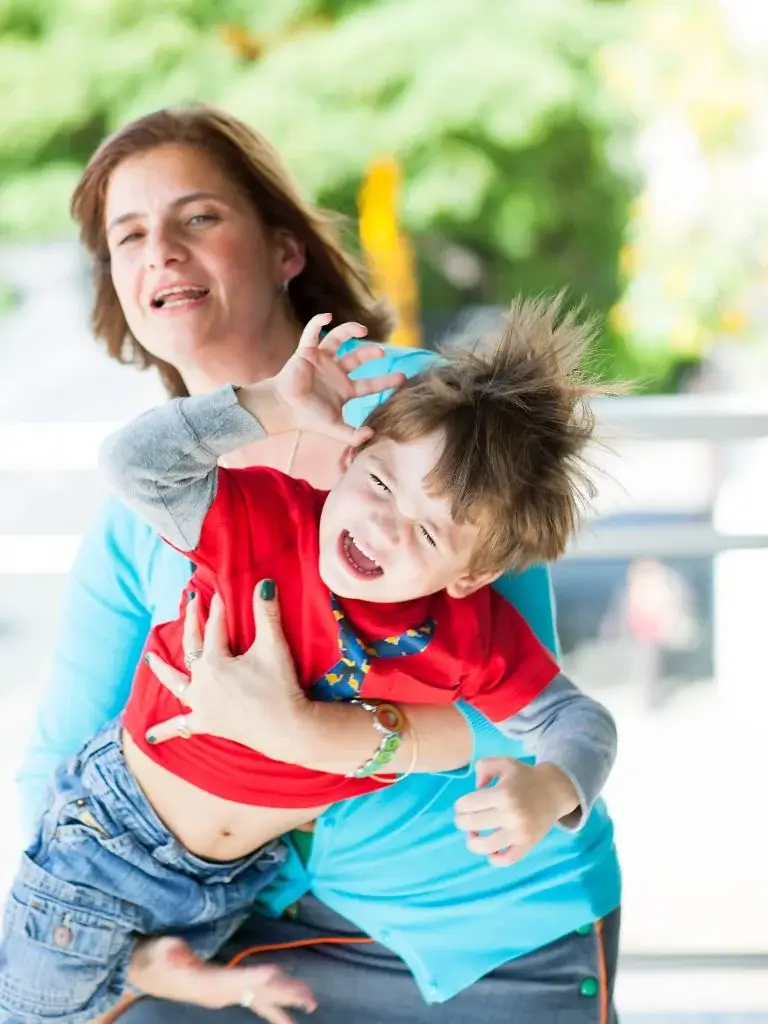
That moment when your kid says something outrageous or your toddler throws a shoe at your face — you want to yell. Your body is lit up like a Christmas tree.
But try this: Pause. Literally freeze. Say nothing. Take one single breath in through your nose, then blow it out through your mouth like you’re trying to cool a hot cup of coffee.
I know it sounds small, but that moment — the pause — is your power. It’s your nervous system getting a lifeline before it goes into full volcano mode.
“I started saying ‘Pause, mama,’ to myself out loud. It became a cue for my kids too — they started to see I was taking a second instead of exploding. Game-changer.” — Emily, mom of 3
2. Narrate Your Emotions (Instead of Stuffing Them)
Kids don’t need us to be robots. They need us to be real.
Instead of bottling it up or snapping, try saying, “I’m feeling overwhelmed right now. I need a second to calm my body.” Try to jot down your emotions in a journal or some sticky notes too.
You’re not only calming yourself — you’re modeling emotional intelligence for your kids.
This is especially powerful if you grew up in a household where emotions were shut down, dismissed, or punished. You’re rewriting the script.
3. Create a “Calm-Down Plan” Before the Storm Hits
Think of it like a fire drill for your emotions. You don’t wait for the house to be on fire to find the exits, right?
Come up with your personal mom-regulation toolkit. This can include:
- A mantra: “My child is having a hard time, not giving me a hard time.”
- A reset space: the porch, the laundry room, even your bathroom
- A quick grounding tool: feet on the floor, hand on your heart, name five things you can see
Bonus: Practice these before the meltdown. Even just one minute a day makes it easier to access calm during chaos.
4. Heal What Your Triggers Are Trying to Teach You
Sometimes our kids’ behavior mirrors the exact things we were never allowed to express. Their whining might remind you of a time you were told to “stop being dramatic.” Their anger might reflect your own repressed rage.
Use your triggers as teachers. Journal about them. Talk to a friend or therapist. Ask yourself: What does this reaction remind me of?
“Every time my daughter gets emotional, I feel like I’m going to lose it. I realized it’s because I was never allowed to cry. Her tears feel unsafe to me — not because of her, but because of what I learned growing up.” — Sarah, mom of 2
5. Lower the Bar
Perfect parenting is not the goal here. Calm doesn’t mean graceful. It doesn’t mean zen. It means regulated enough not to cause harm.
If you didn’t yell today, celebrate. If you yelled, but then repaired it with a hug and an “I’m sorry,” that counts more.
Let go of the idea that calm means quiet or flawless. Calm can look like walking away, turning on Bluey so you can breathe, or texting your partner, “I need help. I’m at my edge.”
When You Lose It Anyway (Because You Will)
Let’s just put this here: You will lose your cool. That doesn’t make you a bad mom. It makes you a mom under pressure.
What matters most is what happens after.
Reconnect. Apologize. Say, “I’m sorry I yelled. I love you, and I’m working on staying calmer.”
That’s where the real magic happens — in the repair. That’s how trust is built. That’s how your child learns they can make mistakes and come back from them too.
Final Thoughts:
Mama, if you’re reading this because you just had a hard day — maybe you snapped, maybe you slammed a door, maybe you cried in the pantry — I want you to hear this:
You are still a good mom.
Calm is not a destination. It’s a muscle. One that gets stronger with practice, compassion, and a whole lot of grace.
Your kids don’t need you to be perfect. They need you to be present. To keep showing up. To keep trying, even when it’s messy.
You’re doing it. One deep breath, one hard moment, one honest repair at a time.
And that? That’s beautiful.
